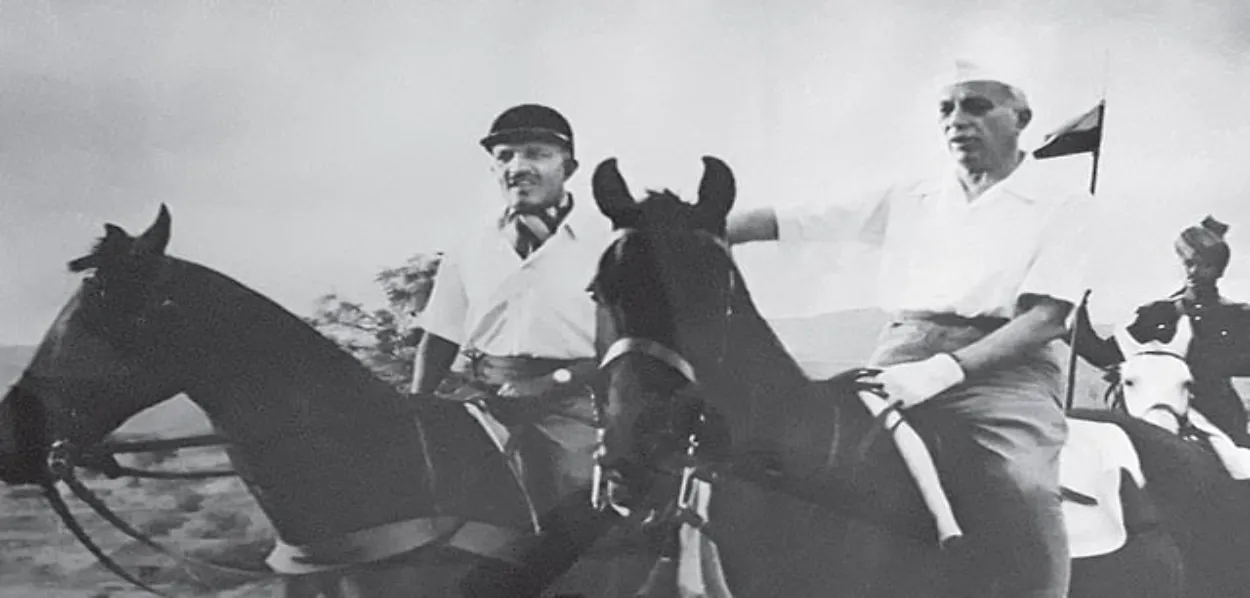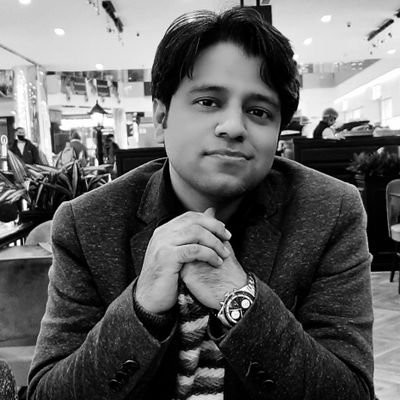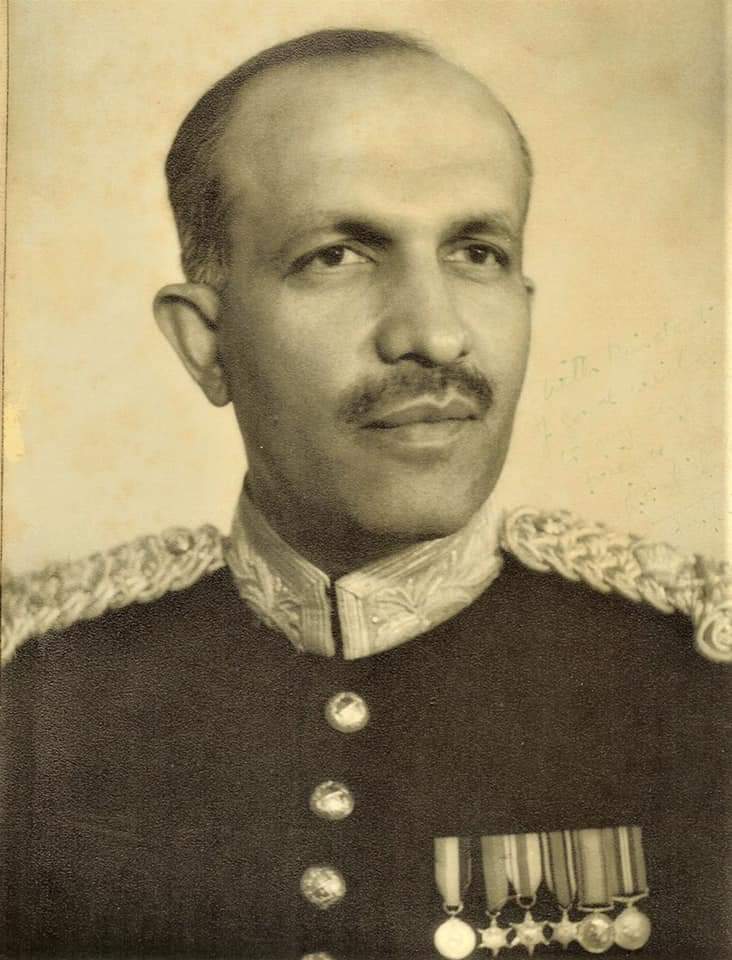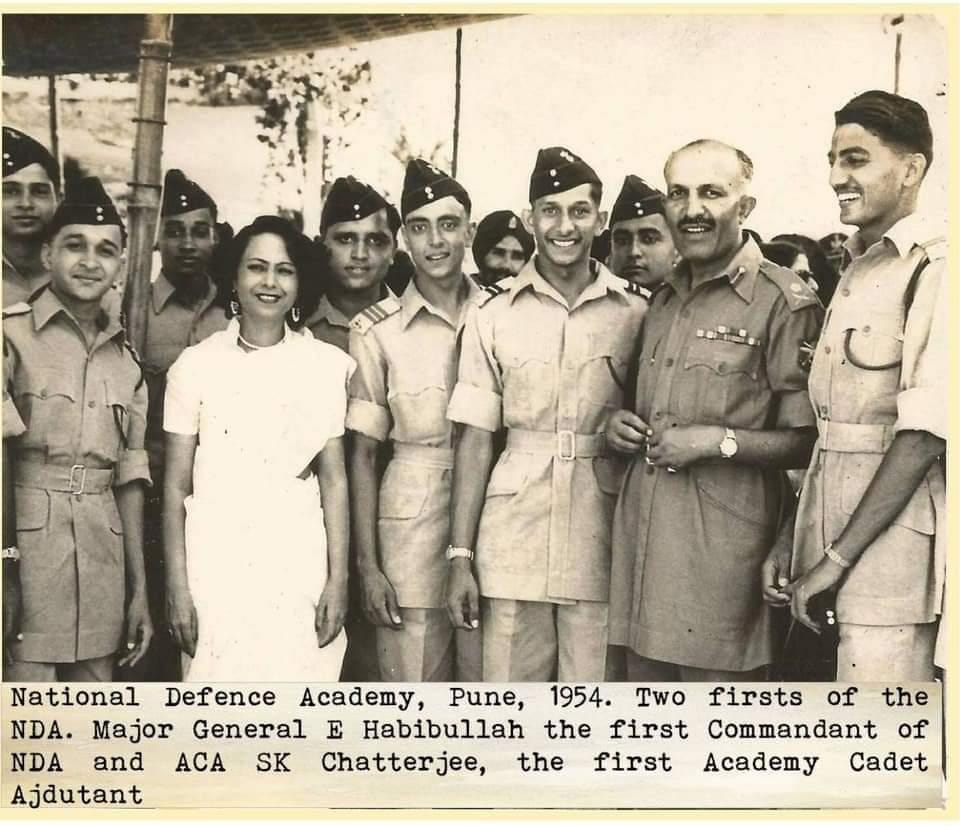
 Saquib Salim
Saquib Salim
Recently, a small detail of the magnificent passing out parade of the National Defence Academy (N.D.A), Khadakwasla, for 339 officers, including 19 women, caught my eye. The function was held at Habibullah Hall of the Academy on 29 May.
Who is Habibullah? Not many remember him. He is Major General Enaith Habibullah, who was the first Commandant of the NDA when it was established in 1954.

Rear Admiral B. A. Samson, the second Commandant of the NDA, wrote, “Towards the end of the last War (Second World War) the Government of Sudan (after which country our main building is named) made a gift of £100,000 for the construction of a Memorial to the services rendered by the Indian Army in the Western Desert and else-where. In 1945, the Government of India decided that the Memorial should take the form of an Academy where future officers of the three Services would be educated and trained. Four years later, in 1949, the Academy was ushered into being in temporary hutments in Dehradun, while the construction of a permanent building at Khadakvasla was taken in hand. Six years later, when 1955 opened, the permanent Academy was functioning at Khadakvasla.”
Habibullah was chosen, according to Brigadier M. P. Singh, because, “He was eminently suited for the task of commanding the new institution at Kharakvasla because of his close links with educators; his father was the Vice Chancellor of Lucknow University. Educated in England at Rotting dean Preparatory School near Brighton, Clifton and commissioned from the RMC Sandhurst, he had deep comprehension of the academic needs of cadets which were to form the bulk of the curriculum and syllabi at Kharekvasla.”
Habibullah had to start from scratch since JSW’s last Principal, Bhawani Shankar had expired in February 1952. Till then, the course offered was of two years but Habibullah wanted to design the course in a fashion so that it could be recognised by the universities as graduation. For this purpose, he exploited his family relations with R. N. Vyas, an academician of repute. Vyas joined as Principal of JSW. He played an important role in designing the curriculum at NDA.
Habibullah’s other major contribution was the introduction of the Short Service Regular Commission.
However, establishing NDA was not the greatest of his services to the Indian Armed Forces. In 1947, he did something which would shape the destiny of India and Pakistan forever.
The British Government had decided to Partition India and Indian National Congress accepted the partition plan in 1947. At that time, the Muslim officers of the Indian Army were given a choice to either move to Pakistan or live in India. There was a twist. If a Muslim officer chose India, he had to resign from the army.
Two Colonel Muslim officers wanted to remain in India - one was Enaith Habibullah and the other was Brigadier Mohammad Usman.

A Newspaper clipping
Habibullah’s father Sheikh Mohammed Habibullah, a former VC of Lucknow University, was a friend of Motilal Nehru. Major General Habibullah was also well acquainted with Jawaharlal Nehru. So he, along with Usman, met Nehru.
Wajahat Habibullah, son of Enaith Habibuallah and the first Chief Information Commissioner of India recounted the episode in his book.
“Bubbles (nickname of Enaith Habibullah) told me that upon Partition Muslim officers in the then British Indian Army were given the option to stay in India or opt for Pakistan. But were they to opt to stay in India, they would have to leave the army. To a man like my father, who considered India his beloved homeland and the Indian Army his home, this choice was unacceptable. Taking advantage of his family relations with Nehru, Bubbles waited on the prime minister together with Usman — then, like Bubbles, a colonel of the Indian Army — to object to the advisory of the defense ministry. The advisory was rescinded.”
READ MORE: Assam's fishery king Nazrul Haque changed flood calamity into livelihood opportunity
In this fashion, Muslims were allowed to serve in the Indian Army. Usman would attain martyrdom after a year, in July 1948, while fighting against Pakistani invaders and becoming the first recipient of the Maha Vir Chakra. Habibullah led action against the Junagarh ruler who was trying to resist the accession to India.
One cannot imagine the Indian Army without its Muslim officers and NDA.
